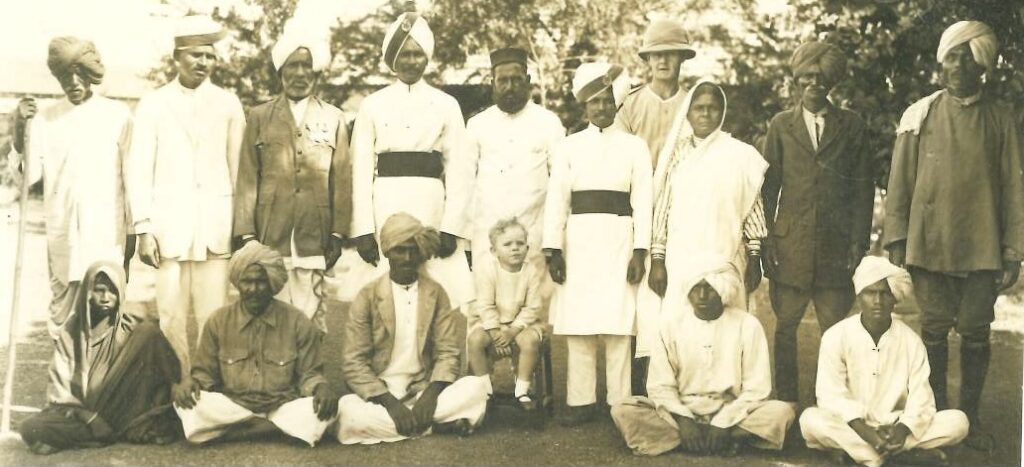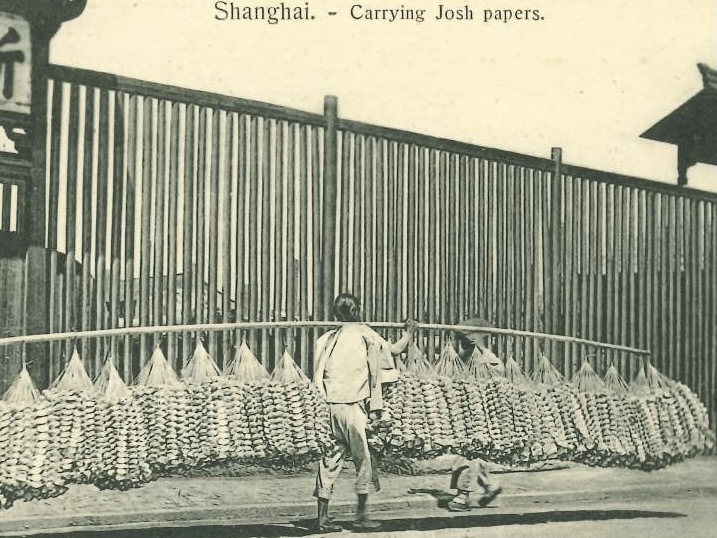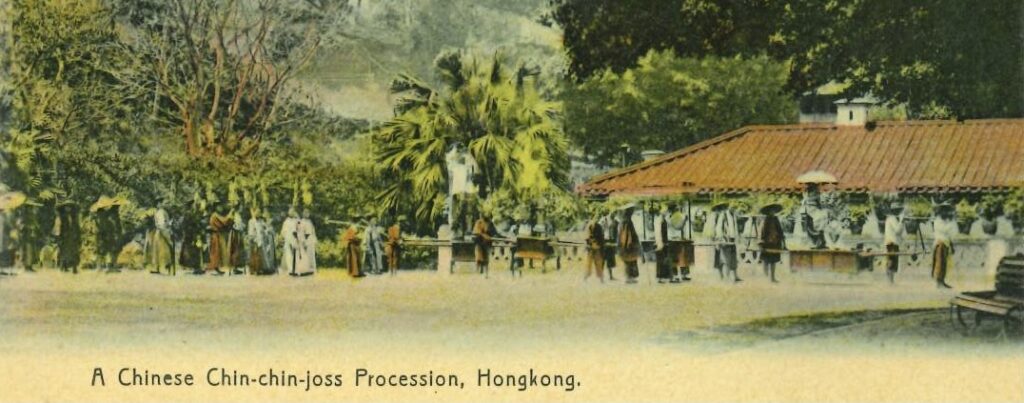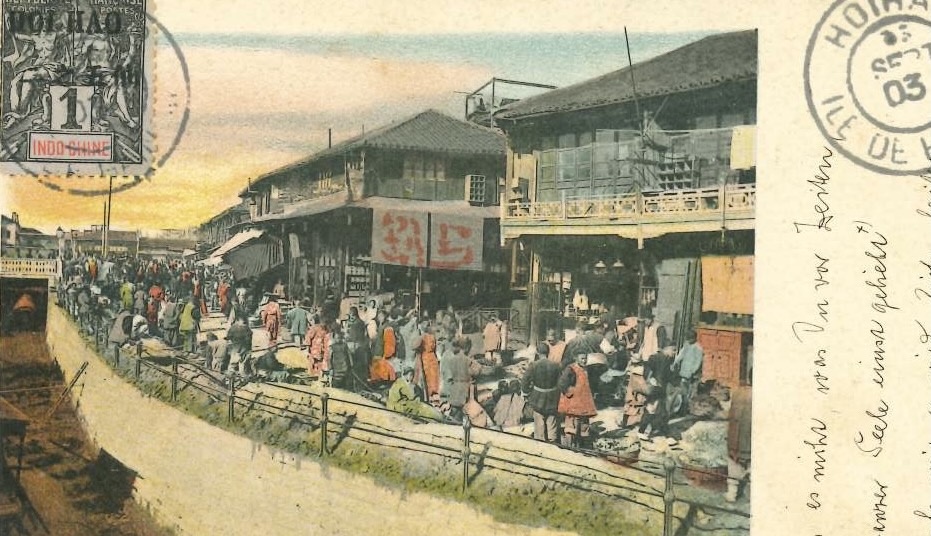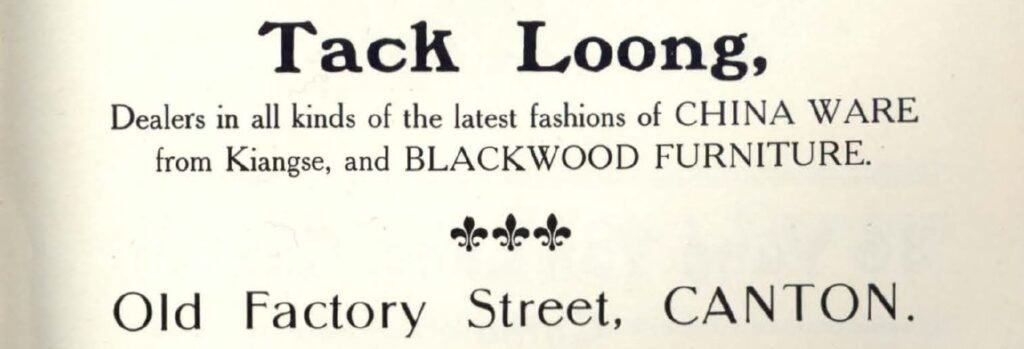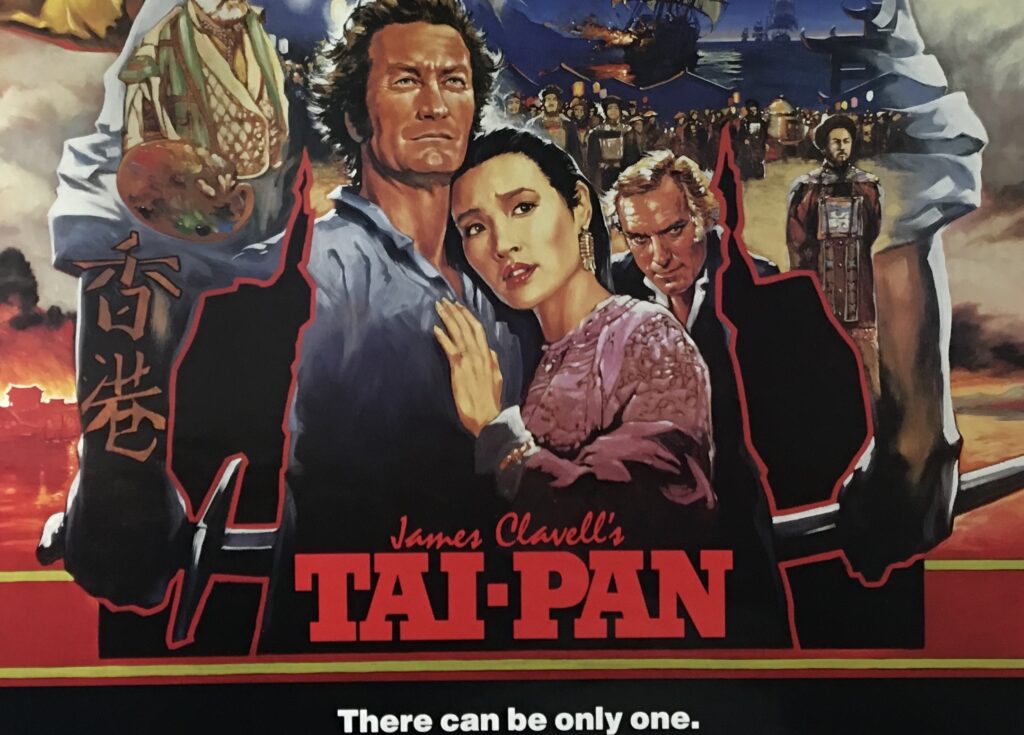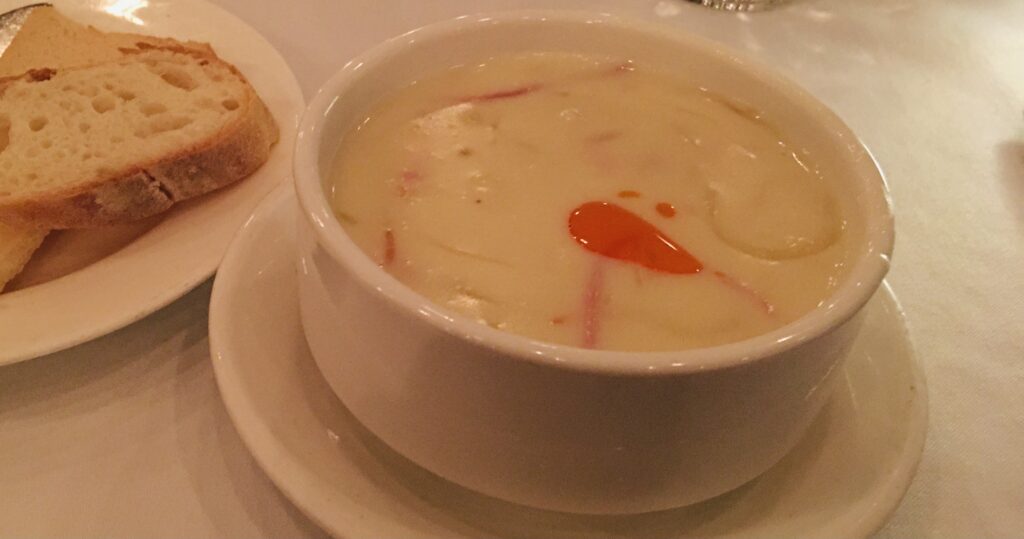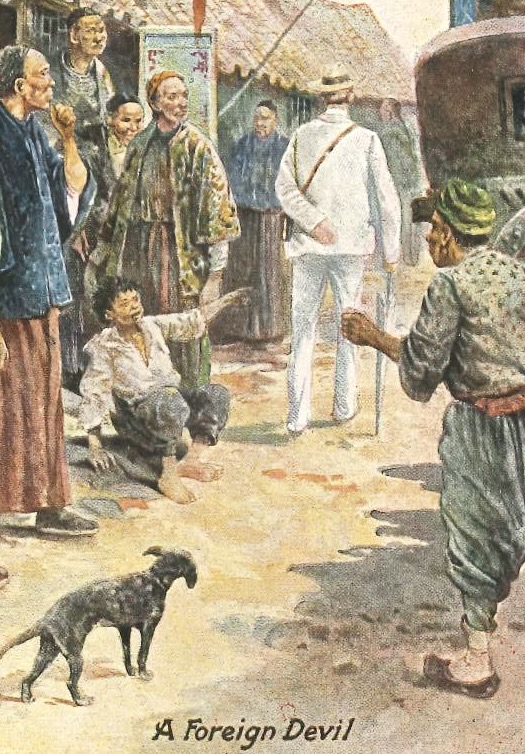15. Amah
The letter above, dated 1973, was sent from Macau to Canada. At the end of the letter, Christine told the recipient that: “Since my Amah left after 15 years services – we decide the housework between the two of use – so by 10 pm we make a [bedding] for our warm beds.” An amah …

